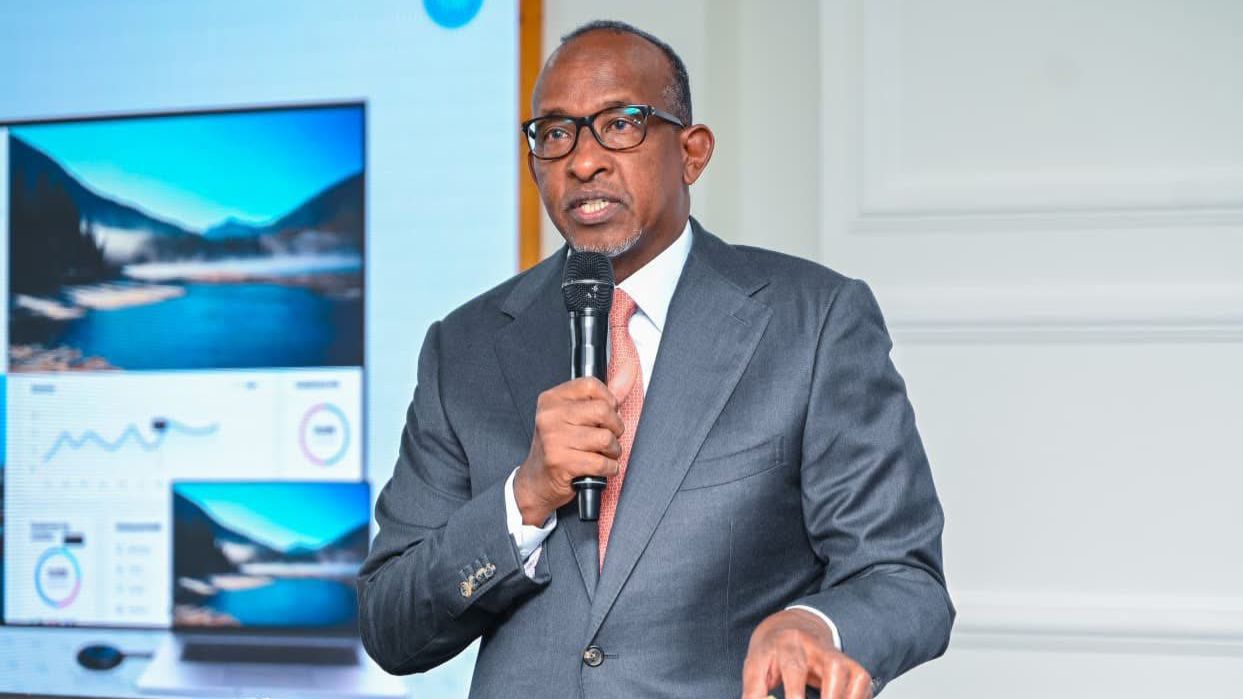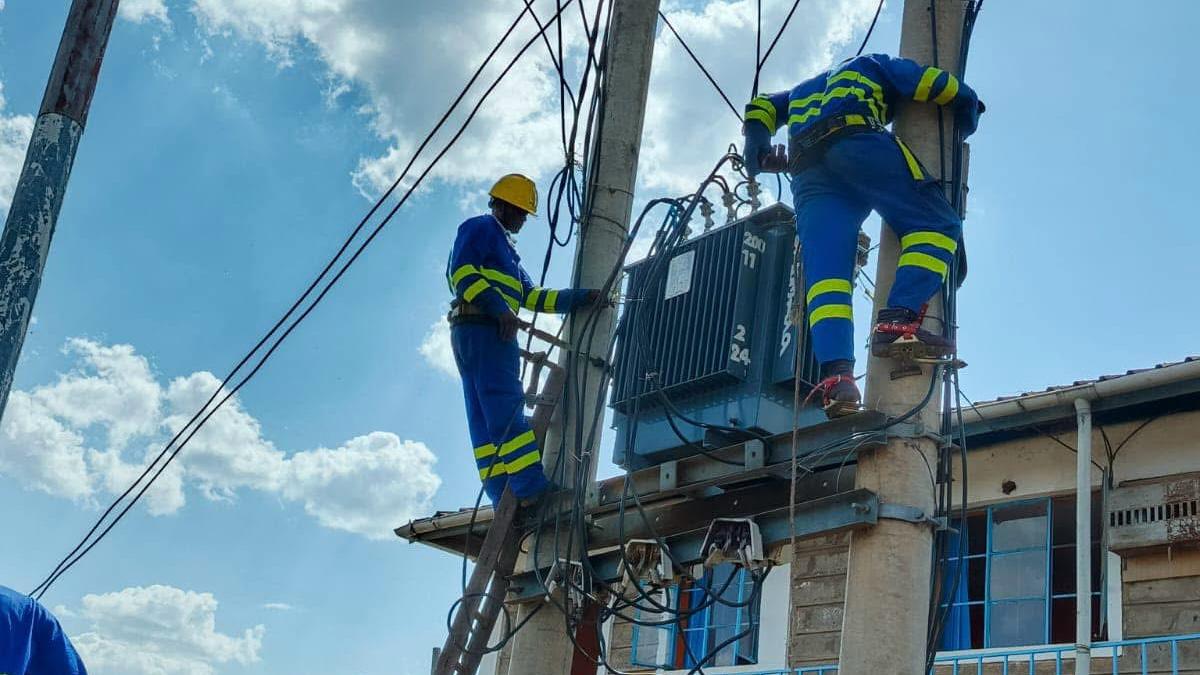Media Council of Kenya (MCK) Chief Executive Officer David Omwoyo has highlighted major issues affecting most radios in the country during the World Radio.
Speaking in Kisii County on Tuesday, February 13, where the country marked the World Radio themed, A Century Informing, Entertaining and Educating, Omwoyo indicated that despite the medium having a powerful influence in agenda setting, it is still undermined by some critical issues ranging from sustainability and ethics.
At the core of the challenges, is the issue of ethics which Omwoyo lamented that it was rampant, especially in community radio stations.
"Adherence to journalistic ethics remains a major challenge for radio. This is especially rampant in community radio stations where professionalism has been compromised due to varied factors," Omwoyo stated.
Read More
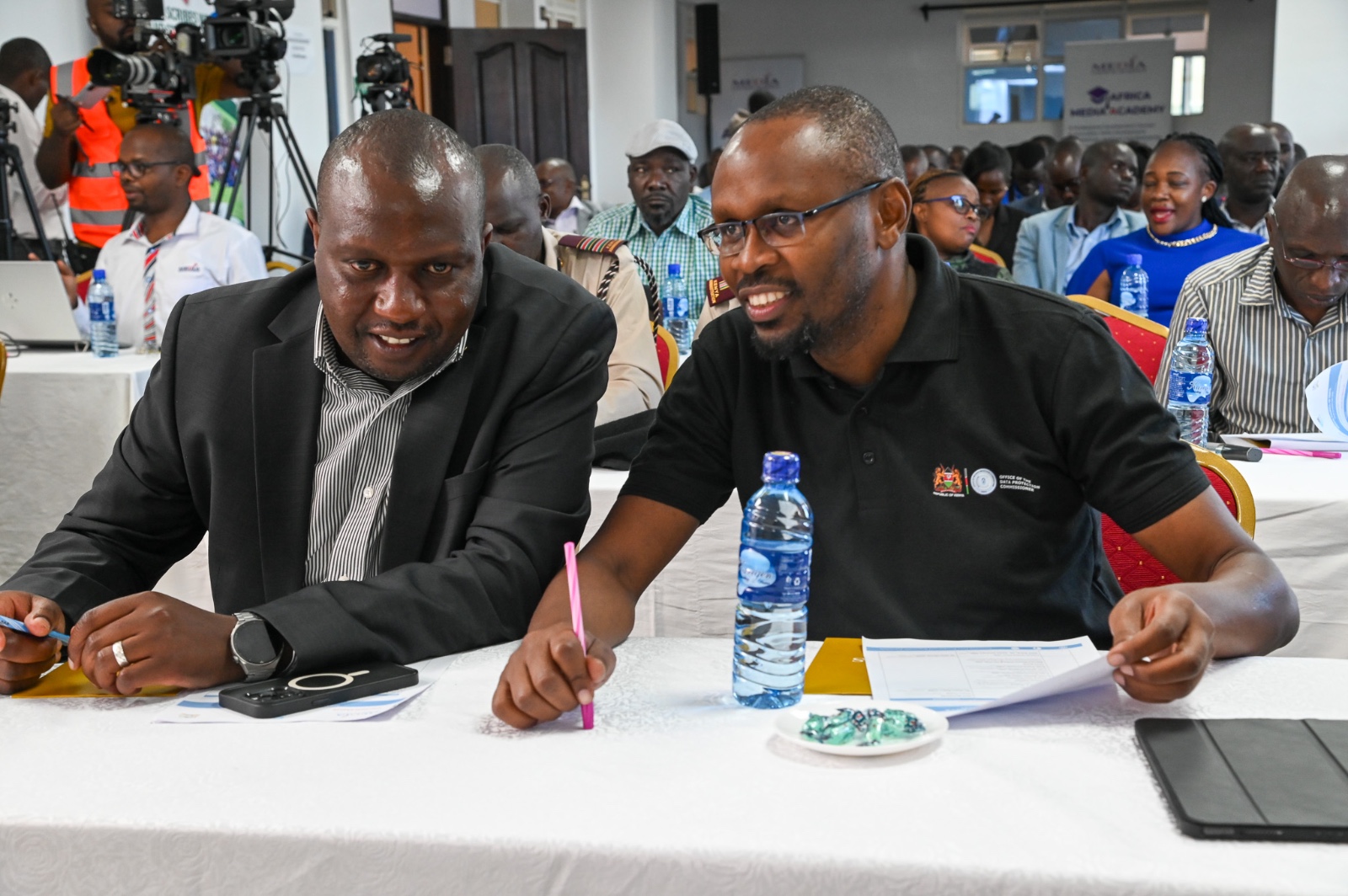
He however called on concerted efforts for enhanced capacity building of journalists and media practitioners.
Mr. Omwoyo asked different stakeholders to enhance cooperation with other players in the industry and also advocated for innovation to meet the current listeners' demands.
"Sustainability challenges, particularly for community radio stations, and lately some major media organisations, has necessitated innovation. To ensure the retention of audience interest, the evolving media landscape must constantly adapt to the changing times," Omwoyo stated.
"Harnessing innovations such AI-powered content personalisation and machine learning can ensure listeners receive content relevant to their interests, while interactive experiences can foster deeper engagement," he added.
Despite the challenges, Omwoyo expressed satisfaction with how radio has evolved to remain a powerful force in the country.
"While many feared the rise of digital media would marginalise radio, Kenyan stations have embraced innovation, adapting and evolving to maintain their relevance. The proliferation of FM and community stations catering to diverse needs reflects this adaptability. Technology has opened doors for online streaming, podcasts and social media integration," Omwoyo observed.
"Online streaming expanded radio’s accessibility, connecting Kenyans in the diaspora and remote areas. Podcasts have created room for niche content creation, catering to specialised interests while social media integration has proven fundamental in fostering audience engagement and community building."
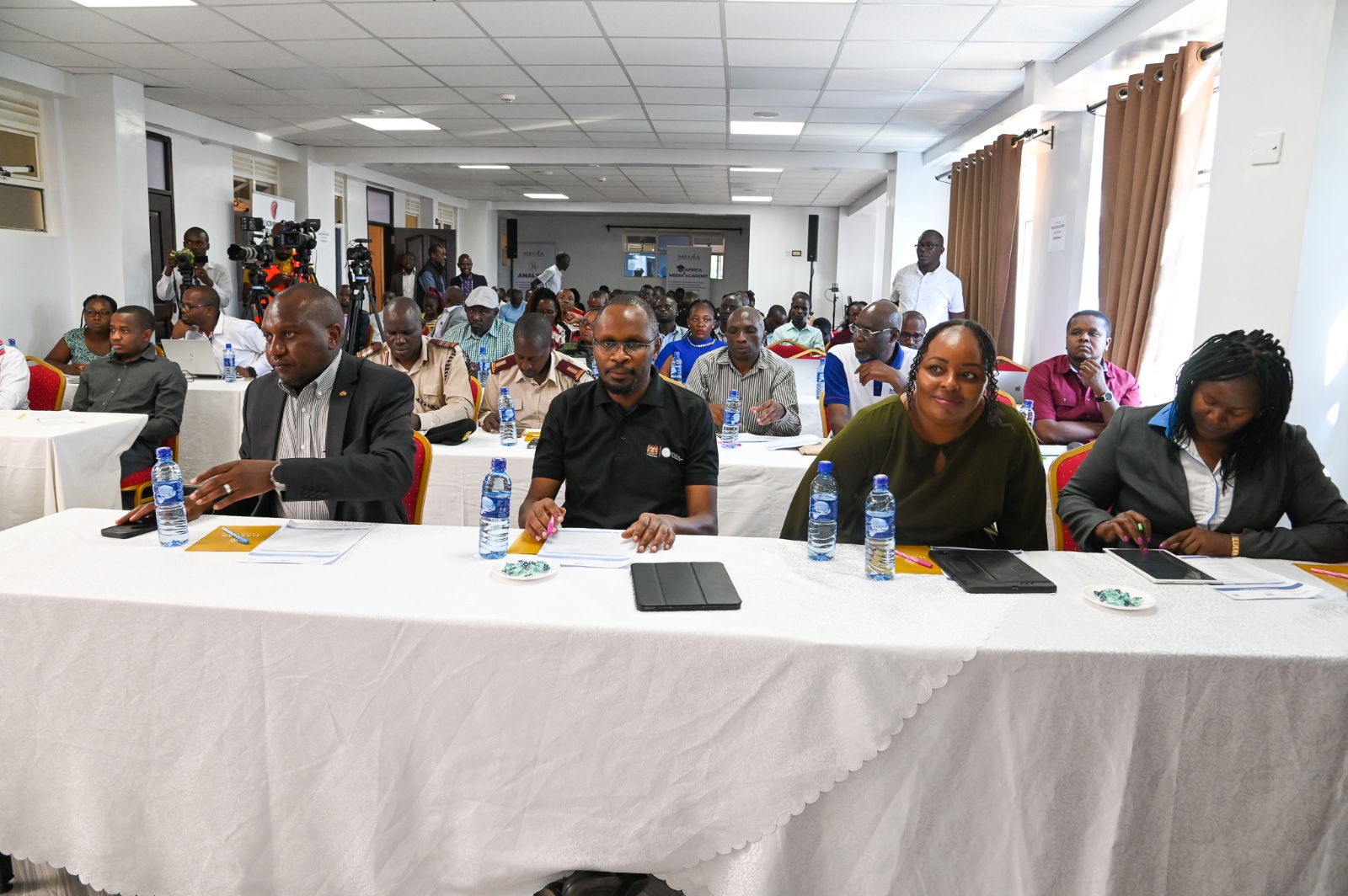
On the other hand, Media Owners Association of Kenya Chairperson Agnes Kalekye appealed to the government to support radio stations in the country to prevent them from shutting down.
She urged the Kenya Kwanza administration to provide funding opportunities, reduce regulatory burdens, provide tax incentives to encourage investments, and provide a sustainable business environment.
Kalekye also invited the government to work with the industry to develop spectrum management strategies.
In journalism careers, Media Owners advised learners to morph and learn innovations to have a cutting edge and develop a niche in the media space.
At the same time, the Communications Authority of Kenya (CA) revealed that they had licensed 212 commercial FM stations, 78 community stations, and 13 public FM stations. According to CA, the number of radio stations on air in Kenya now stands at 291.
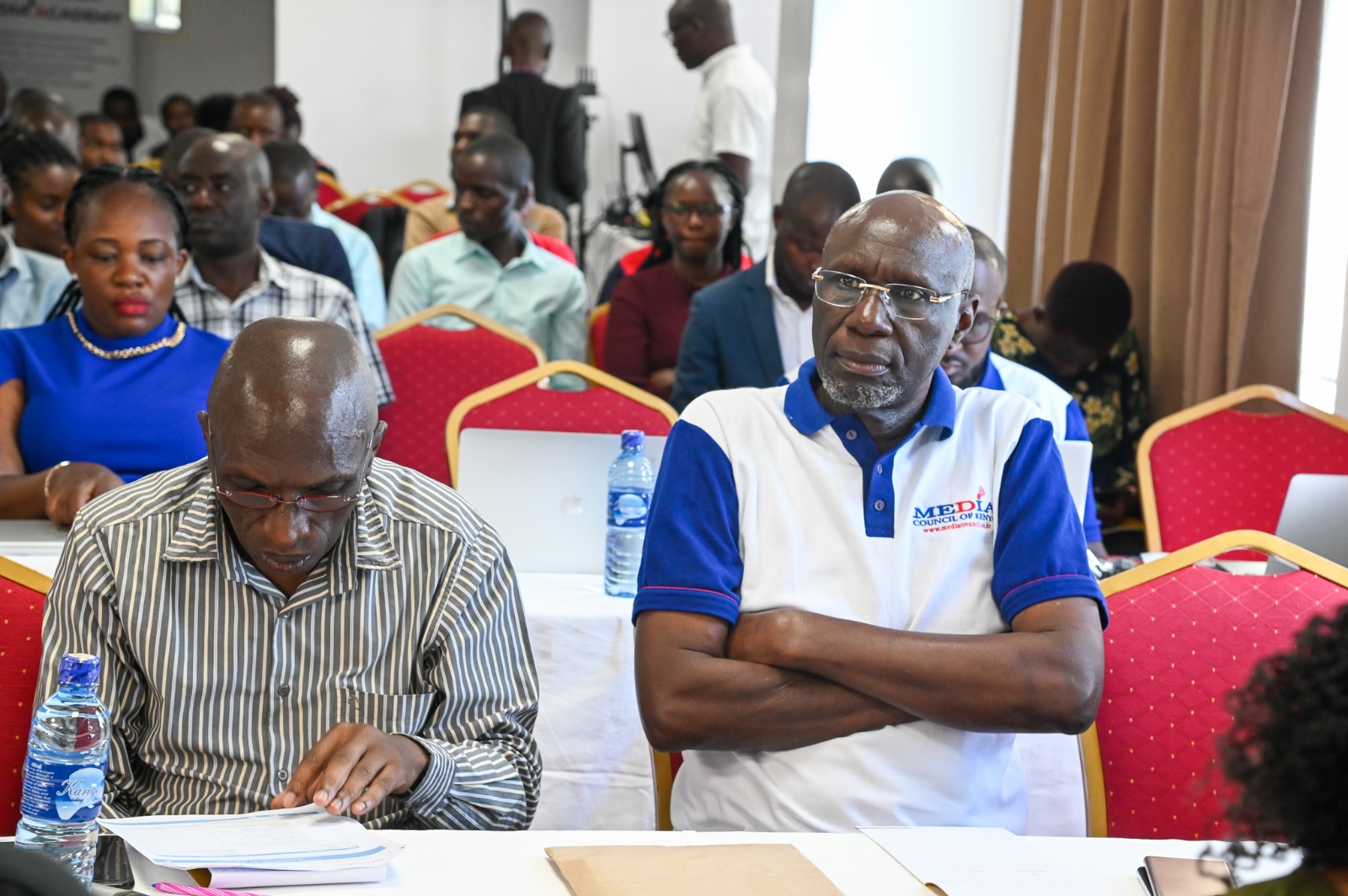
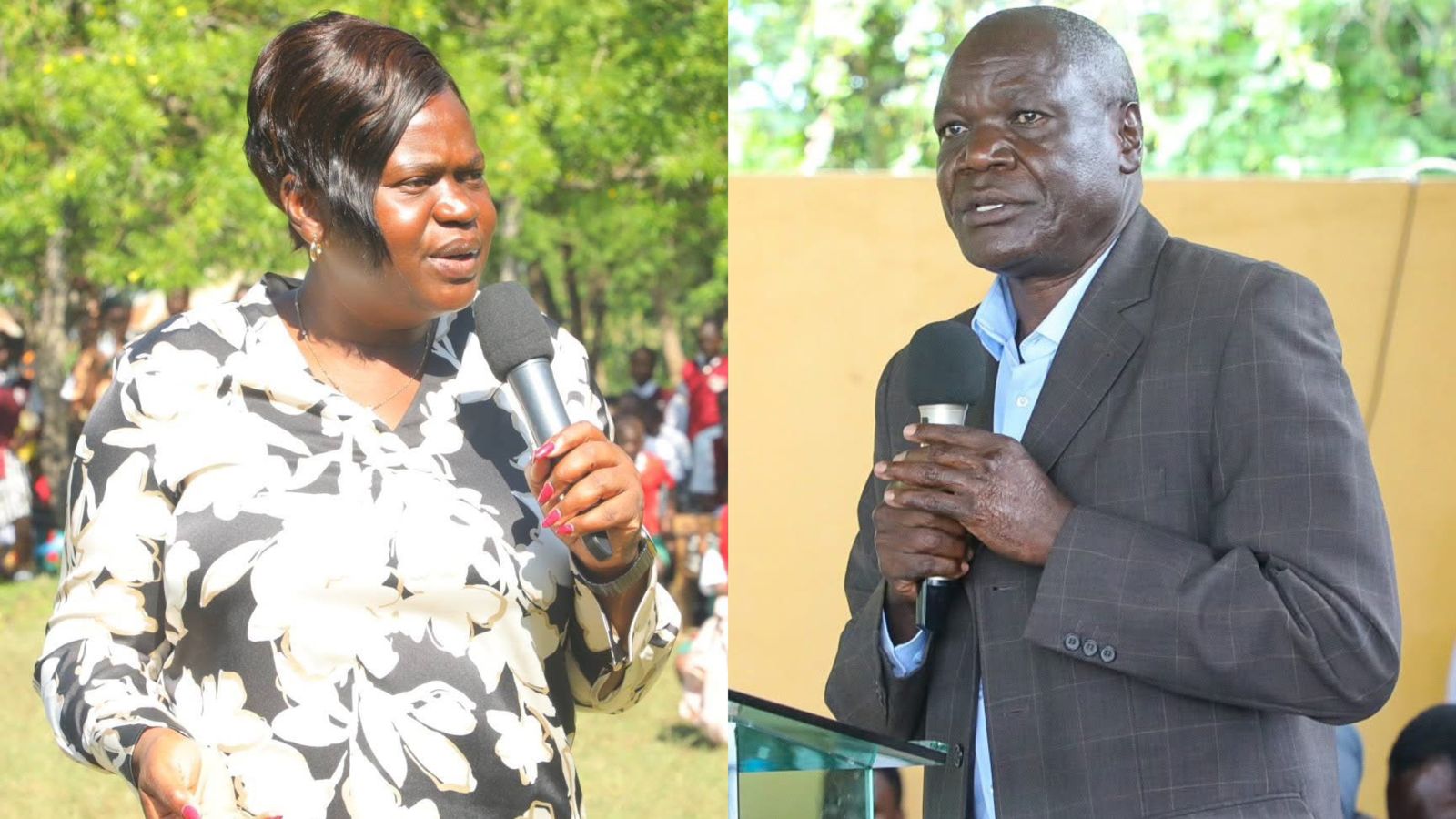
-1772133741.jpg)

